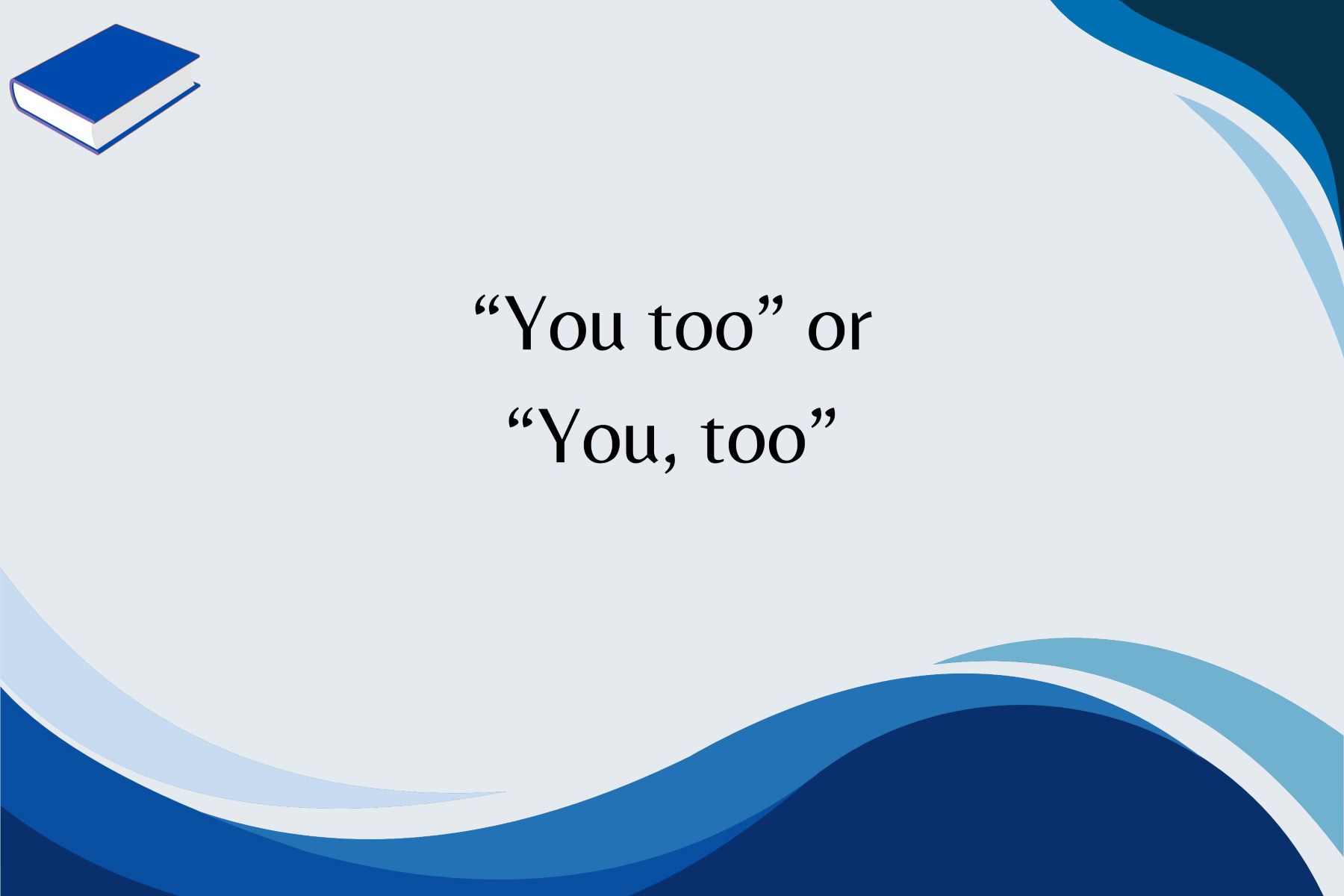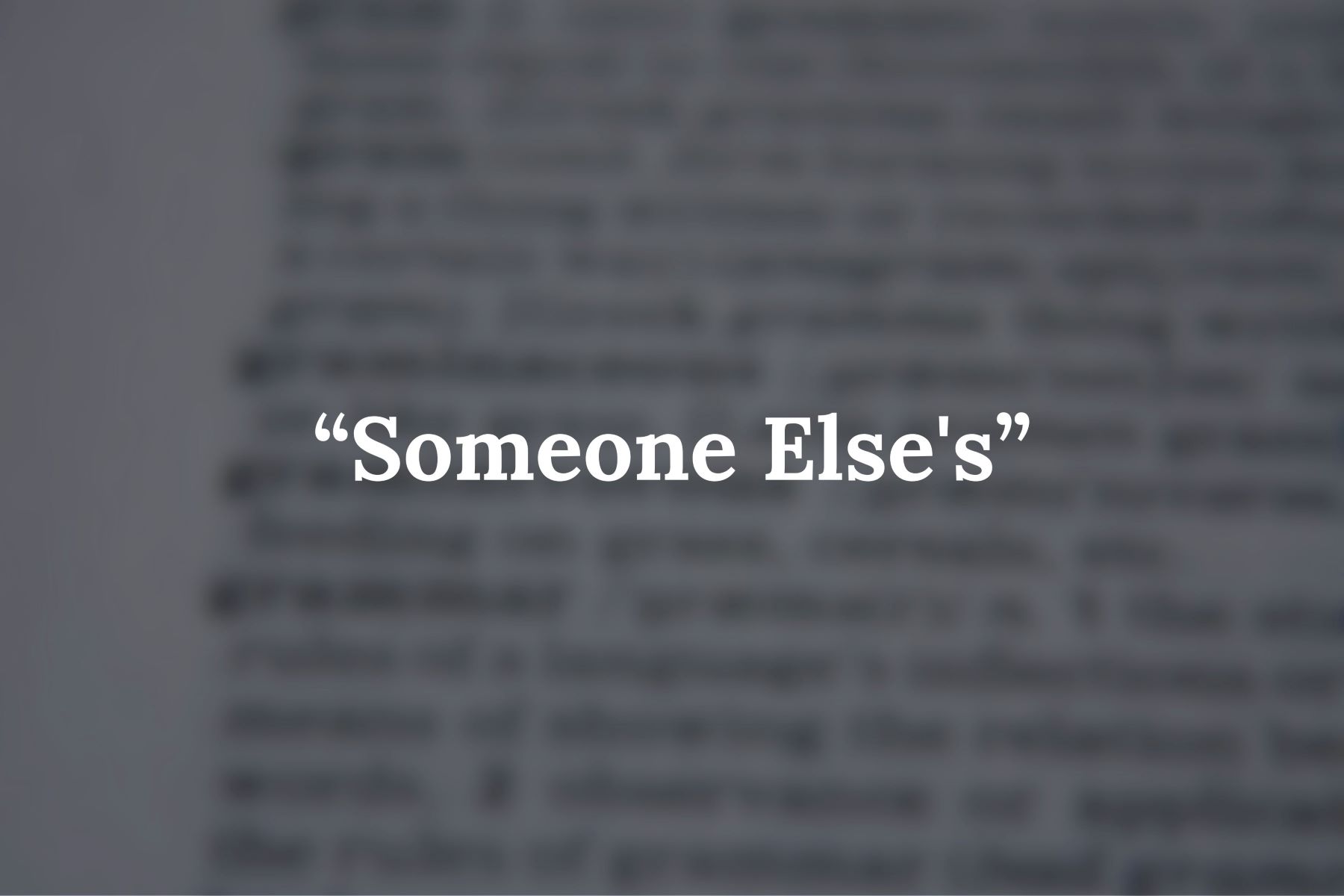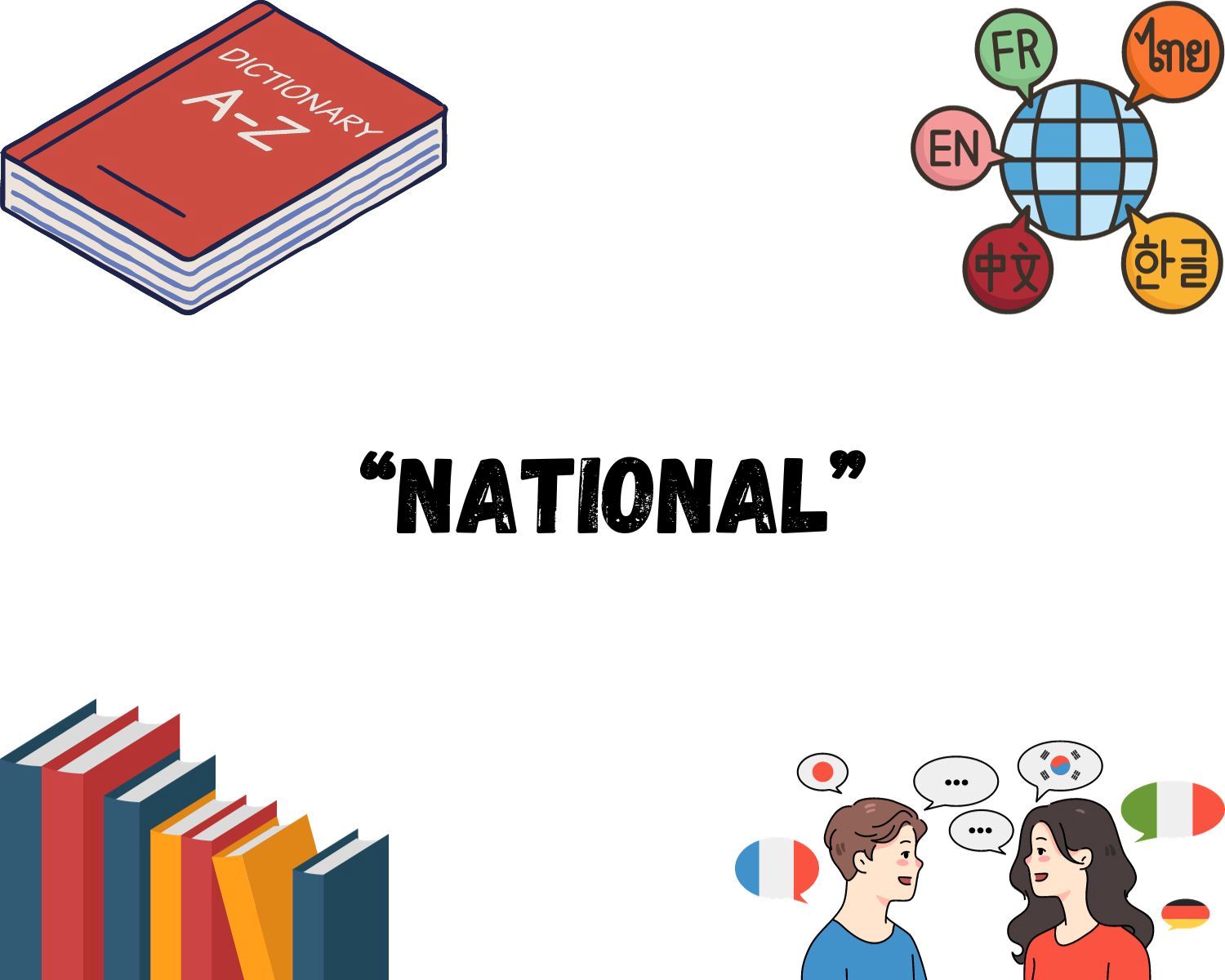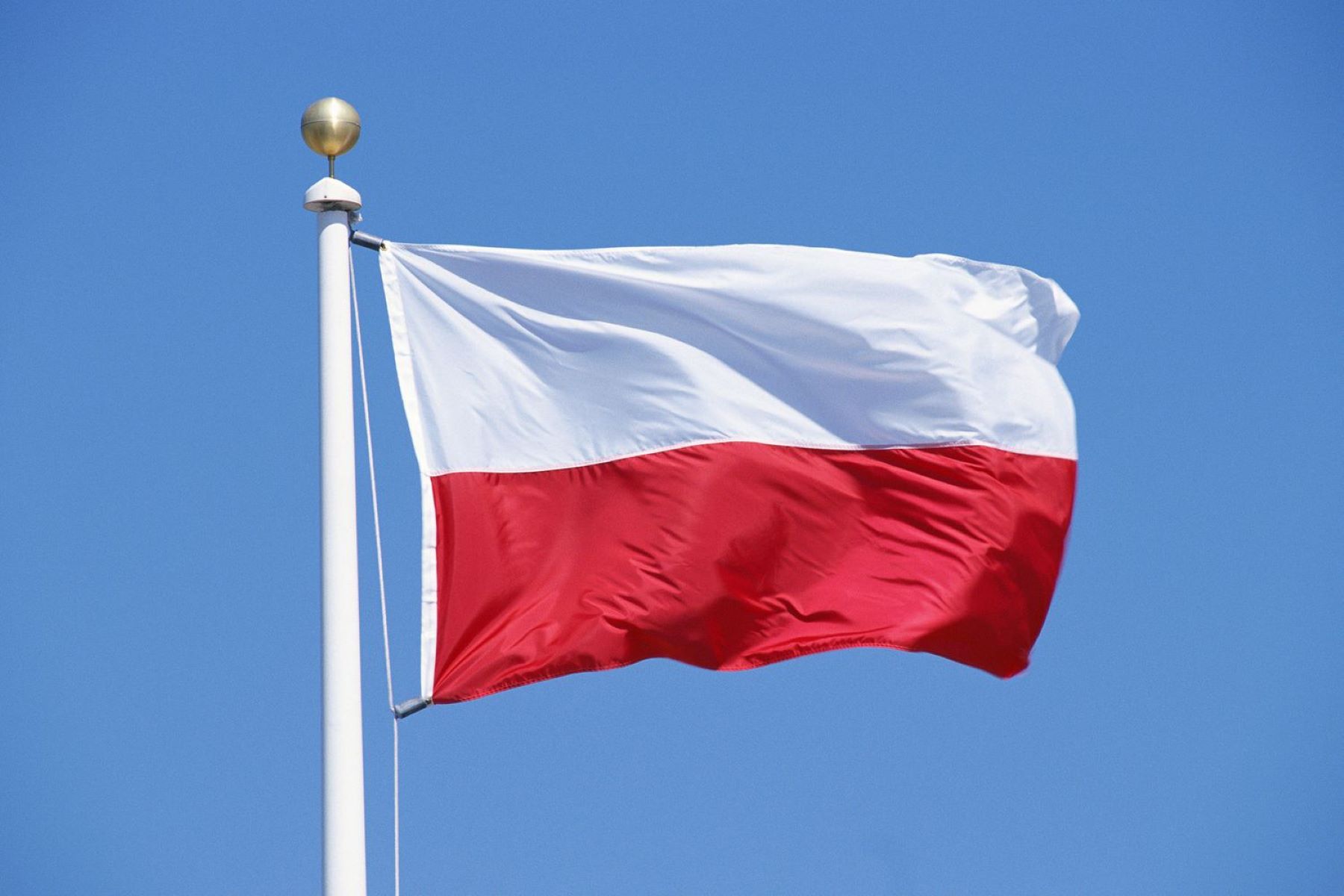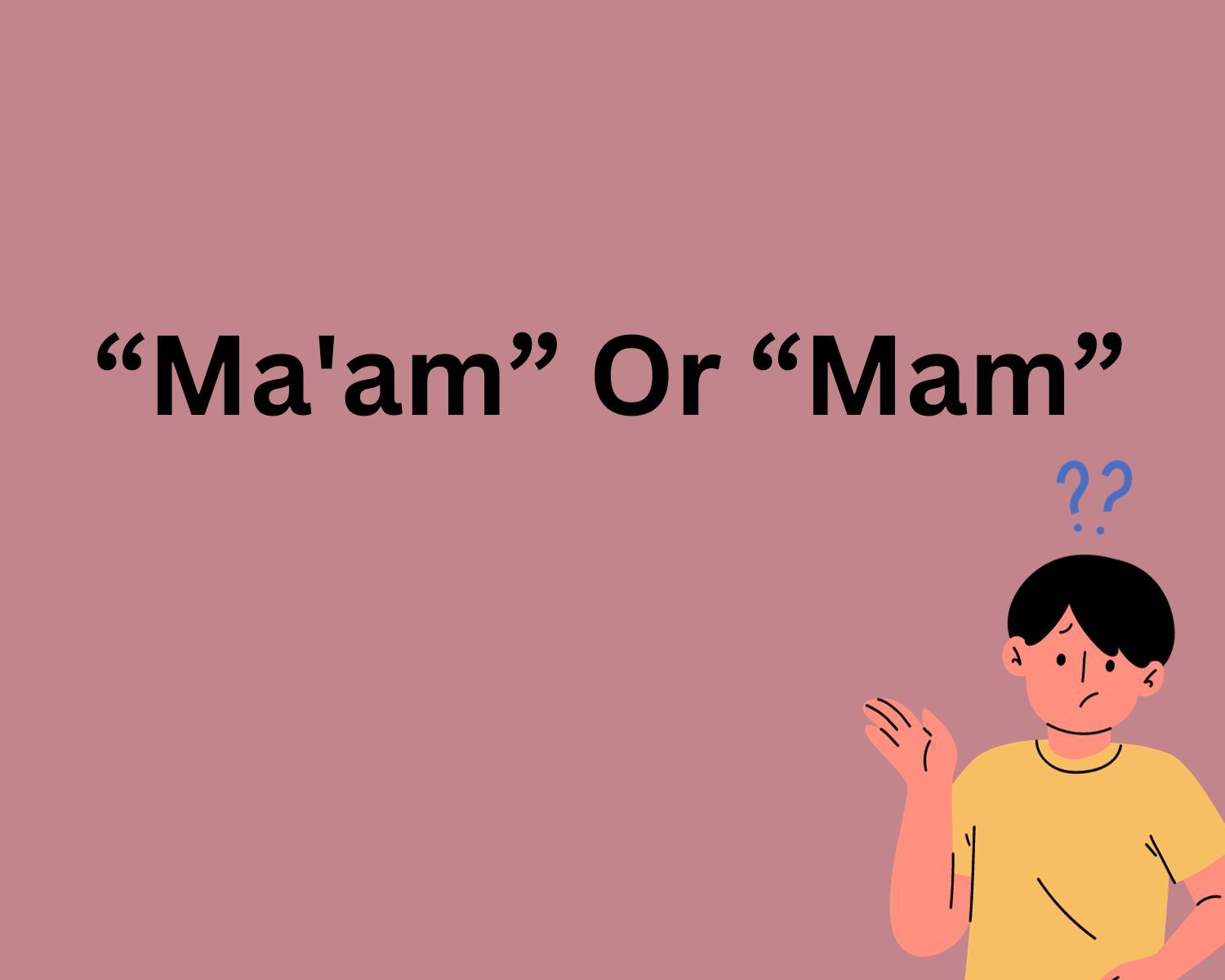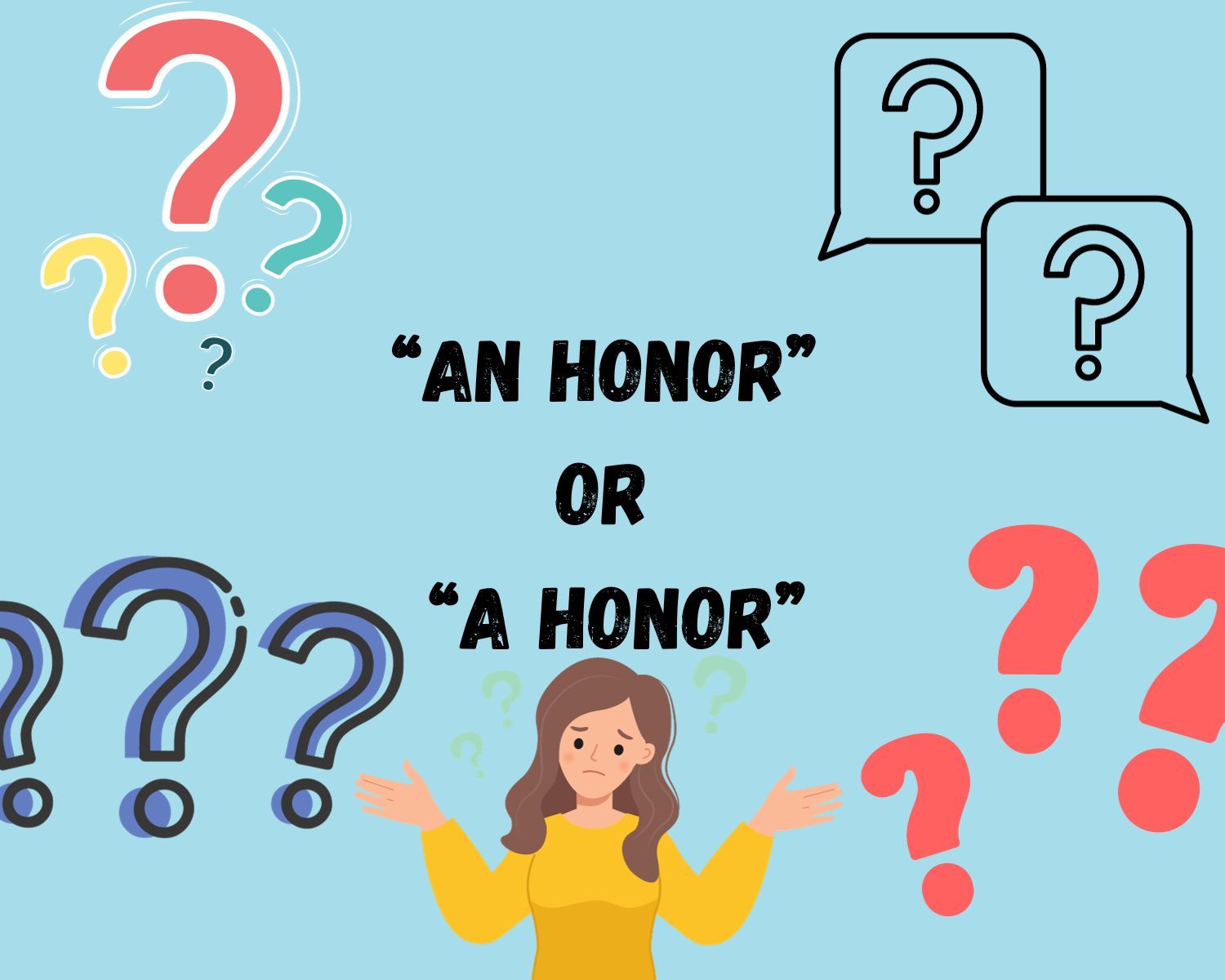Home>Language and Grammar>Which Is Correct: Peoples’ Or People’s?
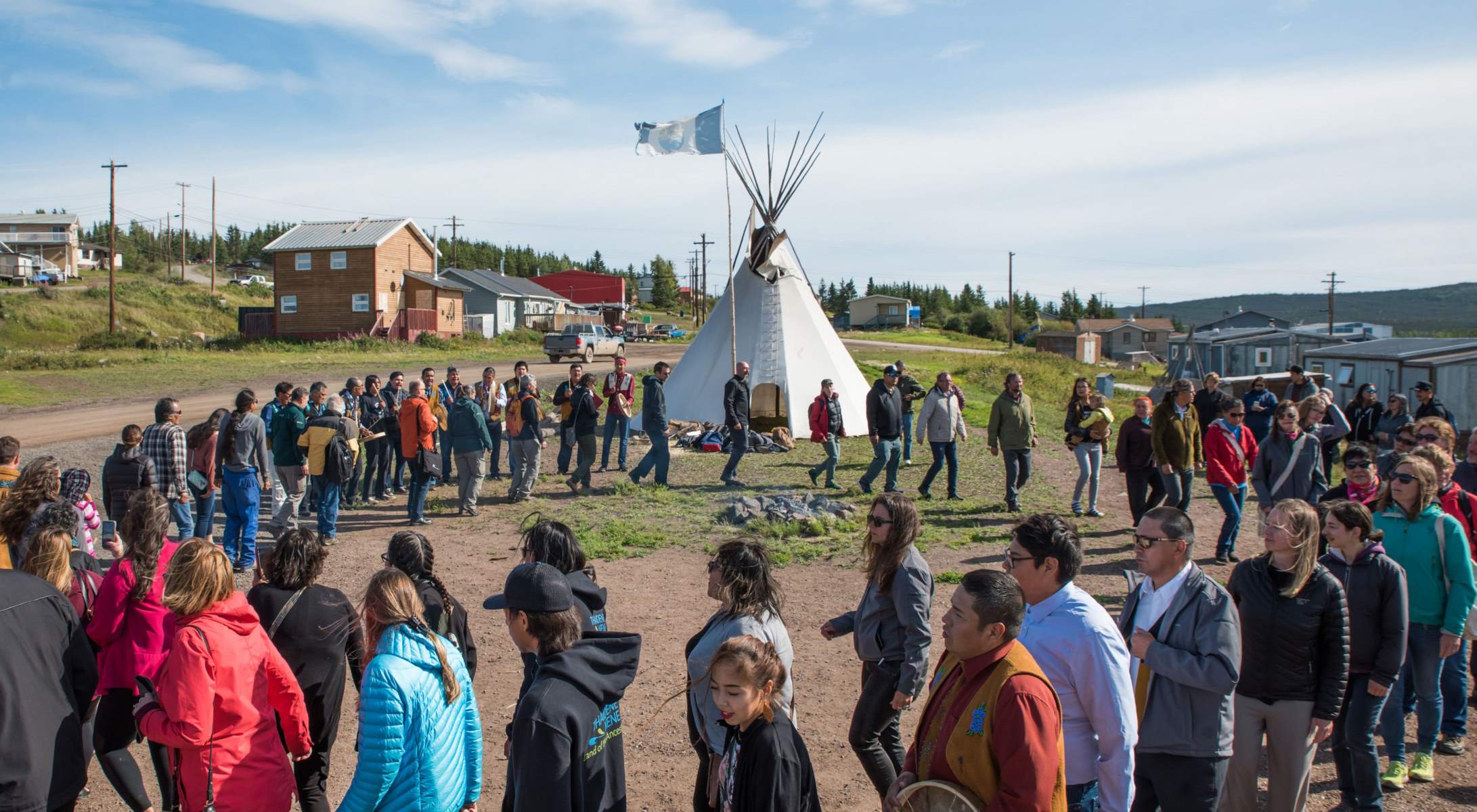

Language and Grammar
Which Is Correct: Peoples’ Or People’s?
Published: January 18, 2024
Learn when to use "people's" and "peoples'" with our guide to language and grammar rules. Find the correct usage and examples for your writing.
(Many of the links in this article redirect to a specific reviewed product. Your purchase of these products through affiliate links helps to generate commission for Regretless.com, at no extra cost. Learn more)
Table of Contents
Introduction
The English language is a complex tapestry of rules and exceptions, often leaving even the most seasoned writers scratching their heads in confusion. One common source of bewilderment is the usage of possessive forms, particularly when it comes to collective nouns such as "people." The dilemma arises when deciding whether to use "people's" or "peoples'" in a given context.
Understanding the distinction between "people's" and "peoples'" is crucial for clear and effective communication. While both terms pertain to possession, they are employed in different contexts, each carrying its own nuanced meaning. This article aims to shed light on the appropriate usage of these possessive forms, providing clarity for writers and speakers grappling with this linguistic conundrum.
By delving into the definitions, usage guidelines, and illustrative examples, we can unravel the mystery surrounding "people's" and "peoples'" and equip ourselves with the knowledge needed to navigate the intricacies of the English language. Let's embark on this linguistic journey to demystify the usage of possessive forms with collective nouns, ensuring that our communication is both accurate and eloquent.
Read more: Patients Vs. Patient’s: Which Is Correct?
Definition of "People's" and "Peoples'"
The distinction between "people's" and "peoples'" lies in their grammatical usage and the subtle nuances they convey. "People's" is the possessive form of the collective noun "people," indicating ownership or belonging to a group of individuals. It is used to denote that something belongs to, is associated with, or is characteristic of a specific group of people. On the other hand, "peoples'" is the plural possessive form of "peoples," which refers to multiple distinct groups of individuals, often with diverse cultural or ethnic backgrounds.
"People's" is singular and indicates possession by a singular collective entity, such as a community, nation, or society. It conveys the idea of something belonging to or being representative of a unified group of people. For example, "the people's choice," "the people's voice," or "the people's rights" all signify the collective ownership or involvement of a particular population.
In contrast, "peoples'" is plural, denoting possession by multiple separate or diverse groups of people. This form acknowledges the existence of various distinct communities or ethnicities, each with its own identity and characteristics. For instance, "the indigenous peoples' traditions," "the peoples' customs," or "the peoples' languages" emphasize the unique attributes and ownership of different cultural groups.
Understanding the subtle disparity between these two forms is essential for accurate and contextually appropriate communication. Whether discussing the rights, traditions, or contributions of a specific population or acknowledging the diversity and heritage of multiple distinct groups, choosing the correct possessive form can significantly impact the clarity and precision of the message being conveyed.
Usage of "People's" and "Peoples'"
The usage of "people's" and "peoples'" hinges on the context and the specific group or groups of individuals being referenced. When employing "people's," the focus is on a singular collective entity, such as a community, nation, or society. This form is utilized to denote possession, association, or representation by a unified group of individuals. For instance, phrases like "the people's choice," "the people's voice," or "the people's rights" emphasize the collective ownership or involvement of a particular population.
On the other hand, "peoples'" is employed when referring to the possession or attributes of multiple distinct groups of individuals. This plural possessive form acknowledges the existence of diverse communities or ethnicities, each with its own identity and characteristics. For example, expressions like "the indigenous peoples' traditions," "the peoples' customs," or "the peoples' languages" underscore the unique attributes and ownership of different cultural groups.
It is essential to discern the appropriate usage based on the intended meaning and the nature of the collective entities being discussed. Whether highlighting the shared rights, values, and contributions of a specific population or recognizing the diversity and heritage of multiple distinct groups, selecting the correct possessive form is pivotal in accurately conveying the intended message. By discerning the nuances between "people's" and "peoples'," communicators can effectively articulate the ownership, representation, and diversity inherent in various collective entities.
Examples of Correct Usage
To illustrate the proper application of "people's" and "peoples'," let's delve into specific scenarios where each possessive form is aptly employed, elucidating their distinct connotations and implications.
"People's" Examples:
-
The People's Choice: This phrase encapsulates the collective preference or decision made by a unified populace. Whether in the context of elections, awards, or consumer trends, "the people's choice" signifies the consensus or endorsement of a specific community or society.
-
The People's Voice: When advocating for social or political change, this expression embodies the unified sentiments and demands of a population. It symbolizes the collective outcry or aspirations of a community, emphasizing the significance of their perspectives and concerns.
-
The People's Rights: This phrase underscores the fundamental entitlements and liberties belonging to a specific group of individuals. Whether referencing civil rights, human rights, or indigenous rights, "the people's rights" emphasizes the collective ownership and assertion of essential freedoms.
"Peoples'" Examples:
-
The Indigenous Peoples' Traditions: By using "peoples'," this phrase acknowledges the diverse cultural heritages and customs of different indigenous communities. It highlights the distinct traditions and practices unique to various ethnic groups, respecting their individual identities and legacies.
-
The Peoples' Languages: This expression recognizes the linguistic diversity and richness across multiple ethnicities. It emphasizes the multitude of languages spoken by different cultural groups, emphasizing the value and significance of preserving linguistic heritage.
-
The Peoples' Contributions: When discussing the collective achievements and impacts of various communities, "the peoples' contributions" celebrates the diverse and multifaceted influences stemming from different cultural backgrounds. It acknowledges the collective contributions and accomplishments of multiple distinct groups.
By examining these examples, we discern the nuanced differences between "people's" and "peoples'," gaining insight into their respective usages and implications. These instances exemplify the precise and contextually fitting application of possessive forms, accentuating the ownership, representation, and diversity inherent in different collective entities.
Common Mistakes to Avoid
-
Incorrect Pluralization: A common error involves mistakenly pluralizing "people" when using the possessive form. It's crucial to remember that "people" is already a plural noun, and its possessive form is "people's." Avoid adding an unnecessary "s" to create "peoples's," as this deviates from the correct grammatical structure.
-
Misinterpreting Cultural Pluralism: When discussing the traditions, languages, or customs of diverse ethnic groups, it's essential to use "peoples'" to acknowledge the distinctiveness of each community. Failing to employ the plural possessive form can inadvertently diminish the individual identities and contributions of various cultural groups.
-
Overgeneralization: Using "people's" as a blanket term for diverse or unrelated groups can lead to oversimplification and misrepresentation. It's crucial to discern when to utilize "people's" to denote the collective ownership of a specific unified entity and when to employ "peoples'" to recognize the diversity and individuality of multiple distinct groups.
-
Ignoring Contextual Specificity: Neglecting to consider the contextual nuances and implications of possessive forms can result in miscommunication. It's essential to evaluate the intended meaning and the nature of the collective entities being referenced to accurately determine whether "people's" or "peoples'" is the most appropriate choice.
-
Failure to Acknowledge Diversity: When addressing the rights, languages, or contributions of various cultural communities, overlooking the significance of employing "peoples'" can undermine the portrayal of diversity. Failing to utilize the plural possessive form may inadvertently downplay the multifaceted identities and distinct attributes of different ethnic groups.
-
Inconsistent Application: Inconsistency in the usage of possessive forms can lead to confusion and ambiguity. It's crucial to maintain coherence in employing "people's" and "peoples'" to ensure precision and clarity in conveying the ownership, representation, and diversity inherent in different collective entities.
By being mindful of these common pitfalls, writers and speakers can navigate the intricacies of possessive forms with collective nouns, fostering accurate and culturally sensitive communication. Avoiding these mistakes and embracing the nuanced usage of "people's" and "peoples'" can elevate the clarity and precision of language, ensuring that the diverse voices and identities within our communities are accurately and respectfully represented.
Conclusion
In navigating the intricate terrain of possessive forms with collective nouns, the distinction between "people's" and "peoples'" emerges as a crucial element in accurate and culturally sensitive communication. The nuanced differences between these possessive forms hold the key to effectively conveying the ownership, representation, and diversity inherent in various collective entities. By discerning the appropriate usage based on the intended meaning and the nature of the groups being referenced, communicators can ensure that their message resonates with precision and clarity.
Understanding the singular and plural implications of "people's" and "peoples'" is paramount in capturing the essence of collective ownership and cultural diversity. "People's" signifies possession, association, or representation by a unified group of individuals, emphasizing the shared rights, values, and contributions of a specific population. On the other hand, "peoples'" acknowledges the existence of diverse communities or ethnicities, each with its own identity and characteristics, underscoring the importance of recognizing and respecting the individuality of multiple distinct groups.
By examining examples that illustrate the precise and contextually fitting application of these possessive forms, we gain insight into their respective usages and implications. Whether it's highlighting the collective preferences, traditions, or contributions of a specific population or recognizing the linguistic diversity and heritage of multiple distinct groups, selecting the correct possessive form is pivotal in accurately conveying the intended message.
Furthermore, by being mindful of common mistakes to avoid, such as incorrect pluralization, misinterpreting cultural pluralism, and overgeneralization, writers and speakers can navigate the complexities of possessive forms with collective nouns, fostering accurate and culturally sensitive communication. Avoiding these pitfalls and embracing the nuanced usage of "people's" and "peoples'" can elevate the clarity and precision of language, ensuring that the diverse voices and identities within our communities are accurately and respectfully represented.
In conclusion, the mastery of possessive forms with collective nouns, particularly the discernment between "people's" and "peoples'," equips us with the linguistic dexterity needed to honor the collective ownership, representation, and diversity inherent in various groups. By wielding these possessive forms with precision and cultural sensitivity, we fortify our communication with the richness and inclusivity reflective of the diverse tapestry of human experiences.
